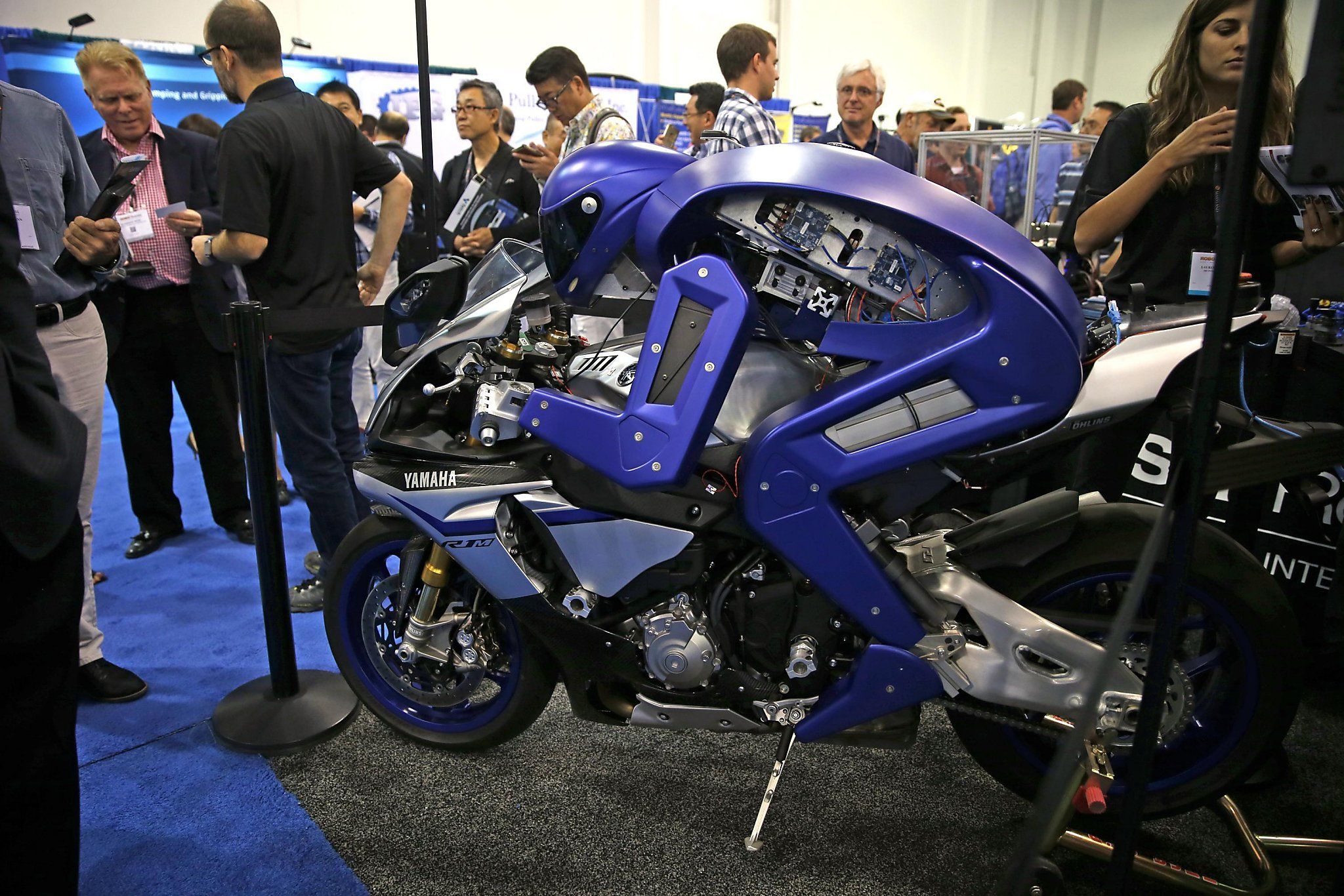![]()
My new story for VentureBeat on the coming of robot bodyguards. I’ll be speaking about this next week at RoboBusiness 2016, a major robotics conference in San Jose:
I recently consulted with the US Navy on all things “transhuman.” In those conversations about how science and technology can help the human race evolve beyond its natural limits, it was clear that military is keen on replacing human soldiers with both fighting and peacekeeping machines so American military lives never have to come under fire or be in harm’s way.
However, it’s the peacekeeping technology that is particularly interesting for many civilians. While you wouldn’t want an armed Terminator in your home, you might like a robot that travels with you and offers personal protection, like a bodyguard. In a survey by Travelzoo of 6,000 participants, nearly 80 percent of people said they expect robots to be a significant part of their lives by 2020 — and that those robots might even join them on holidays.
The robotics industry is already considering this, and recently debuted some security models. A few months ago China came out with its Anbot, which can taser people and be used for riot control. And South Korea already uses mobile robot guards in its prisons. Even in San Francisco, you can rent out robot guards to protect your businesses and property. However, the rent-a-robot company, Knightscope, recently came under fire for accidentally running over a toddler at the Stanford Shopping Center.
Needless to say, problems are expected as the burgeoning field of robot-human interaction evolves. The good news is, there’s already years of information to draw on. Human-robot interaction and protection have been here in the form of robotic dogs for nearly a decade. There are dozens of different brands and models available — some of which offer motion detector warnings to protect against burglars and can be programmed to bark at intruders. While some will say robot pets are no more efficient than well-placed cameras, microphones, or speakers, they do offer genuine and personal protection for consumers – not to mention a sense of novelty and enjoyment.







